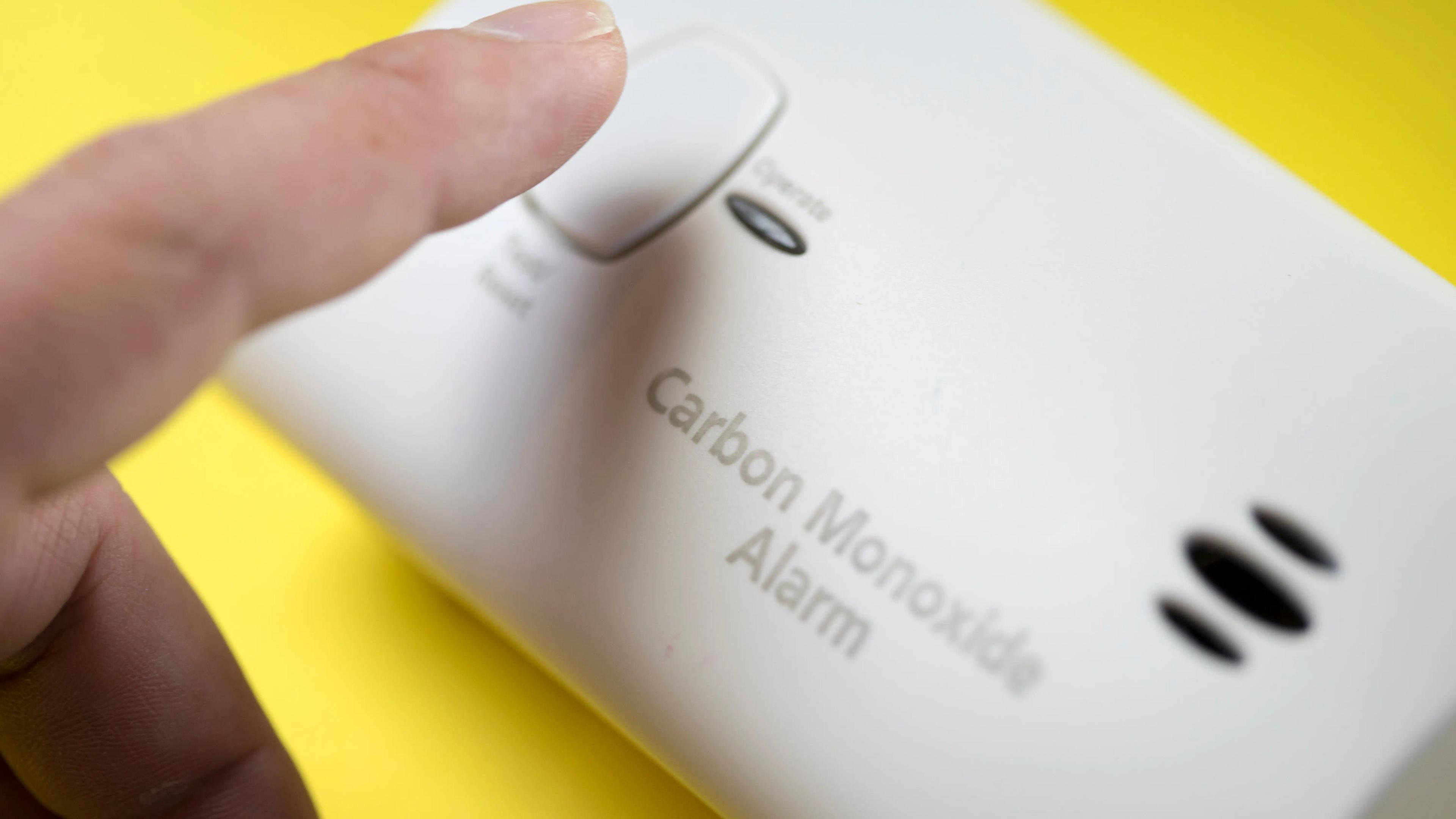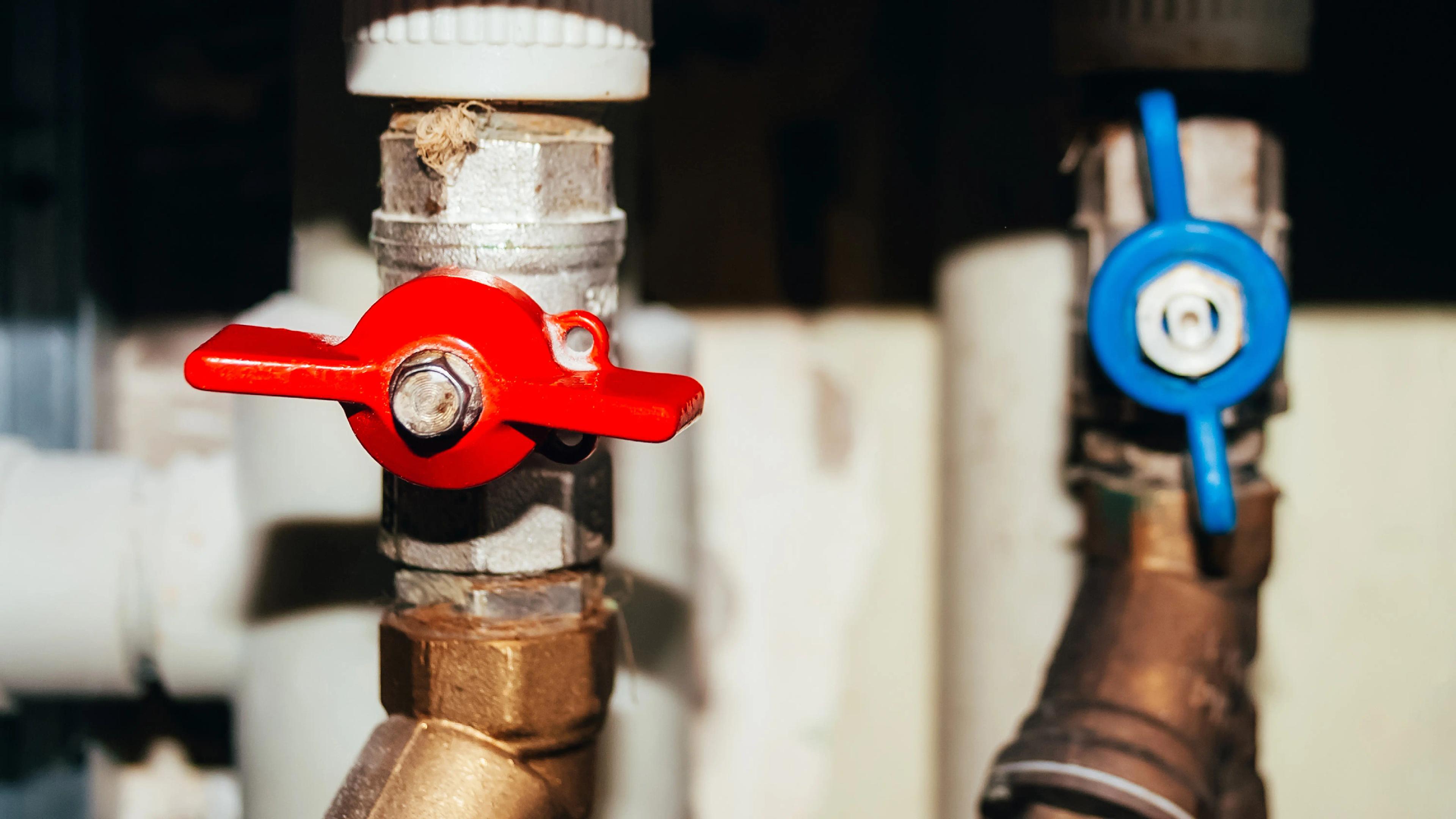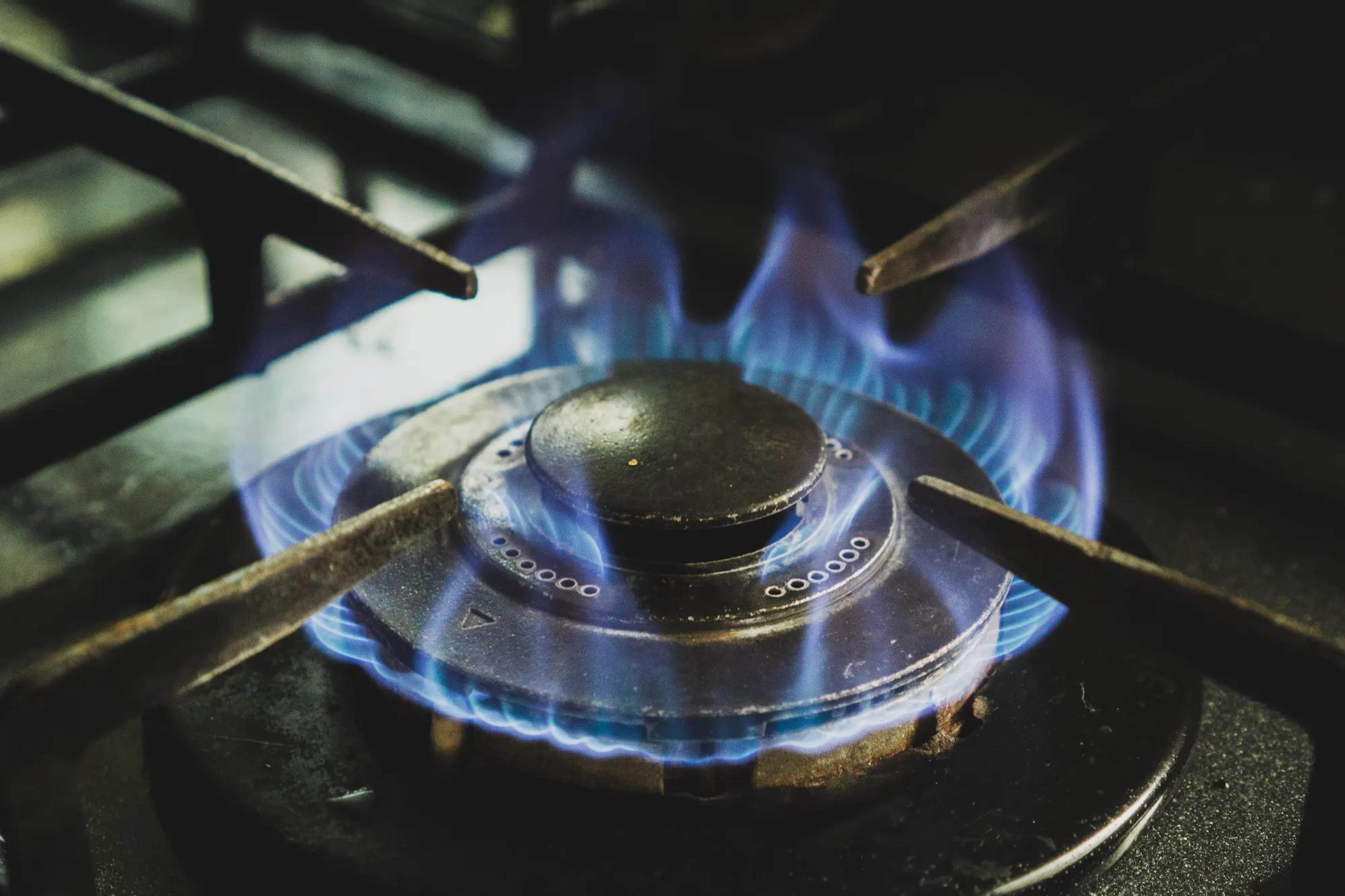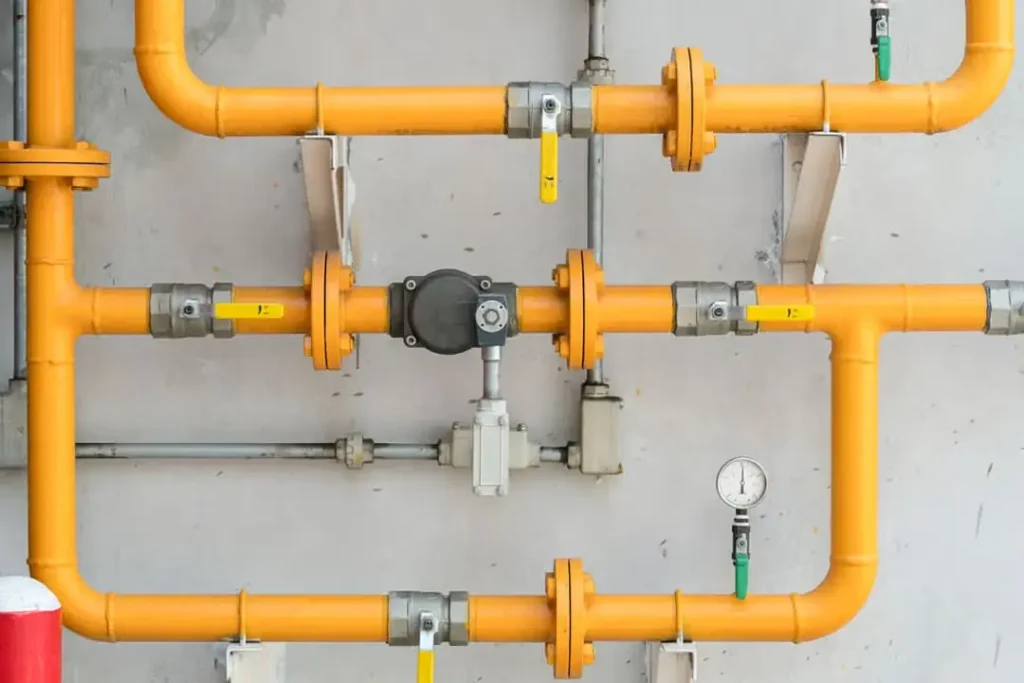Your home’s heating, ventilation, and air conditioning (HVAC) system, safety should always be a top priority. Gas piping is a critical component of many HVAC systems, providing the necessary fuel for efficient heating and cooking. However, ensuring the safety and proper maintenance of your gas piping is essential to avoid potential hazards and ensure optimal functionality. In this guide, we’ll discuss important gas piping safety and maintenance tips for residential homeowners.
Gas Piping Safety and Maintenance Tips
Regular Inspection and Maintenance
Regular inspection and maintenance of your gas piping system is vital for ensuring its safety and functionality. Schedule annual maintenance by a licensed HVAC professional to inspect for leaks, corrosion, or any other potential issues. They will assess the piping, connections, and valves to ensure everything is in proper working condition.
Detecting Gas Leaks
Gas leaks are a serious safety concern and can pose significant risks to your household. Signs of a gas leak include a strong sulfuric or rotten egg smell, hissing sounds near gas appliances, dead plants or vegetation near gas lines, or an unusually high gas bill. If you suspect a gas leak, evacuate your home immediately and contact the authorities and your utility company’s emergency number.

Install and Maintain Carbon Monoxide Detectors
Carbon monoxide (CO) is a colorless, odorless gas that can be produced by faulty gas appliances or incomplete combustion. Install CO detectors near bedrooms and other living areas to alert you in case of high CO levels. Regularly test and replace the batteries to ensure they are functioning correctly.
Avoid DIY Gas Work
Gas piping and related work should always be handled by trained and licensed professionals. DIY gas projects can lead to dangerous leaks, fires, or explosions. Leave the installation, repair, or maintenance of gas piping to qualified technicians to ensure your family’s safety.
Proper Ventilation
Ensure that all gas appliances in your home have proper ventilation. Adequate ventilation is crucial to prevent the buildup of harmful gases and ensure proper combustion. Regularly clean vents, flues, and chimneys to remove any blockages or debris that could impede proper airflow.

Check Gas Valves
Periodically inspect and test the shut-off valves on your gas appliances. Ensure they are functioning correctly and can be easily turned off in case of an emergency or gas leak. Teach all household members how to shut off the gas supply if needed.
Secure Gas Piping
Ensure that gas piping is properly anchored and secured to prevent accidental damage. Avoid hanging or placing heavy objects on gas lines to prevent potential leaks or damage to the piping.
Educate Family Members
Educate everyone in your household about the importance of gas safety and what to do in case of a gas leak or emergency. Have a clear evacuation plan and make sure everyone knows how to contact the gas company and emergency services.

Regularly Clean and Maintain Appliances
Regularly clean and maintain your gas appliances to ensure they function efficiently and safely. Follow the manufacturer’s instructions for maintenance and cleaning to extend the lifespan of your appliances and maintain safety.
Consult a Professional for Upgrades or Modifications
If you plan to make any modifications or upgrades to your gas piping system, consult a licensed HVAC professional like our Beantown Home Services experts. We will ensure that the modifications are done safely, in compliance with local codes, and without jeopardizing your home’s safety.

